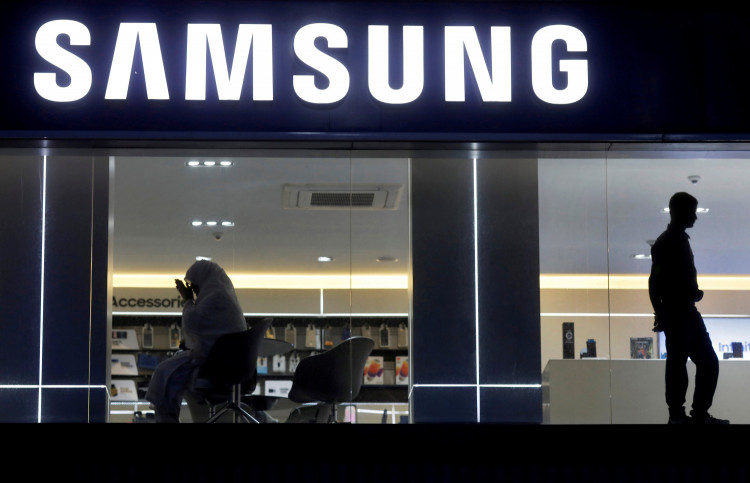South Korean Samsung, a world leader on Memory chip business, plans to venture into the world's largest market, China. Lee Jae Yong (Li Zaiyu), Samsung Electronics Vice Chairman, spent the 2019 Chinese New Year in China to device a new strategy in the country's memory chip market. Reports said that the vice chairman left South Korea on the day prior to the celebration and went to Xi'an China to visit the company's memory chip factory in the city.
The electronic giant started its operation of a NAND flash memory factory in the city in 2014 and, as of 2018, it started the construction of a second factory in the same city as they plan to invest around $7 billion for the memory chip. A Samsung executive said that Li Zaiyu plans to visit China's memory production base and hold talks with some government officials.
The visit of the vice chairman gained attention since he recently met with the South Korean President, Wen Zaiyi, to discuss the company's chip strategy the preceding month. Samsung along with the whole chip industry was alarmed recently of the continuous decline in the chip prices in the market. The market watcher DRAMeXChange reported that the price of 8G DDR4 DRM chips fell by 17.24% in January compared to the previous month. It is the product's biggest price drop since 2016.
Last month. The company warned of weaker earnings in 2019 on its post of a 29 percent drop in fourth-quarter operating profit. The drop was reported to have been caused by the slow demand for memory chips. The company said that they are expecting its "overall annual earnings to decline" although memory products and OLED panels' sales revive during the second half.
Samsung's chips are used in used by major smartphone makers including Apple, and Huawei Technologies. Its memory and processor chips contribute about 72 percent of the overall profit of the industry.
As the world economy grows at a slow rate and the U.S.-China is still far from stable, smartphone sales will continue to weaken and most memory chip makers including Samsung might face obstacles.
The company projected that the demand for memory is expected to continue its weak pace in the first quarter caused by the macroeconomic uncertainties and the inventory adjustments by their major customers. The company needs new strategies to make up its operating profit drop of about 7.8 trillion won during the fourth quarter.





